PEOPLE - The story of an infantry soldier
A true patriot – but not for us

Photo: © Land 1984
He did a lot for Luxembourg… sorry, for the CLT. Isn’t it pretty much the same thing?
„Nice coup for Jean Dondelinger“, writes Land on July 5, 1991. It is about the „European Commissioner responsible for audiovisual policy, who has just allowed Luxembourg to keep all its chances of being present on the audiovisual market of tomorrow“. In this way, Land astounds those who thought that the Commissioners would not fight for national, but for European goals.
If you look more closely, you will notice that it is not really about national interests, but rather about the interests of a specific company: the CLT, the group behind RTL. Anyone today who tries to understand how media laws could be enacted at the European level by Luxembourgers in favor of the CLT will certainly also come across Jean Dondelinger. His biography makes it clear how Luxembourgish politics and the CLT have worked together.
A nice career change
As early as 1977, lawyer Jean Dondelinger, then „Permanent Representative“ of Luxembourg in Brussels, scored a coup. At the conference of the ITU (International Union of Telecommunications) in Geneva, he, as chief negotiator, together with the then Prime Minister Gaston Thorn, surprisingly successfully negotiated satellite frequencies for Luxembourg (see cvce 2013). „For Luxembourg“ in this case means again for the CLT. As early as 1973, the CLT had secured the right to operate the frequency through the concession agreement signed with the state.
In the early 1980s, Jean Dondelinger, who had never held a party card, was present in his post in Brussels when Gaston Thorn, then President of the European Commission, introduced the „Television sans Frontières“ directive. This directive was intended to liberalize the European media market and create an internal market for the media – a sensational prospect for the CLT.
In 1984, Jean Dondelinger returned to Luxembourg to take over the post of Secretary General at the Ministry of Foreign Affairs. At that time, Colette Flesch (DP), who must have been well known to Jean Dondelinger as a former MEP, had only been Foreign Minister for a few months. In addition to the position, Jean Dondelinger also became a government commissioner within the CLT at that time - and this at the beginning of a complicated time for the media group.
Pragmatic solutions
At the end of the 1980s, a race against time began for the CLT. It was none other than Gaston Thorn, who immediately took the helm of the CLT after his time as commission president. He prepared the group for the opportunities that its own directive would offer. All the countries in the European Community were at that time starting to open their respective television markets to commercial programs. However, it was still mostly not possible for the CLT to enter a national market from outside, because the European directive had not yet been finally ratified.
This situation led, for example, to RTL Plus being launched in Luxembourg in 1984, but then quickly moving its production to Germany in order to better establish itself on the market there. Was Thorn speculating? How could the European Community be persuaded to implement the plans more quickly? (cf. Dossier in Land 1988)
The solution was ultimately relatively banal. Indeed, Luxembourg quickly appointed Jean Dondelinger as European Commissioner in 1989. His task was to implement Gaston Thorn’s „Télévision sans Frontiers“ directive as quickly as possible (cf. Land 1989), so that the CLT could assemble the national television channels and build a media empire.
A true patriot
Jean Dondelinger could count on broad support. He was personally supported by none other than Gaston Thorn. On behalf of the newly founded Brussels lobby group, the „Association des Télévisions Commerciales“, which also includes Berlusconi’s Fininvest (Land 07.07.1989), Thorn called on Commissioner Jean Dondelinger to establish a legal framework for the European media market as quickly as possible and at the same time demanded more scope for television advertising. Under Commissioner Dondelinger, Colette Flesch, the Foreign Minister who had taken Jean Dondelinger to Luxembourg at the time, was placed in the important position of Director General for media and information, among other things.
And Jean Dondelinger assures us: already in 1989, the year he took office, he brought the directives through the Council of Ministers and finally even pushed them past the annoying European Parliament (1989 Land). He then ensured in a further series of files that nothing too much went against the interests of the CLT. Not a particularly good European, but a true CLT patriot.

















